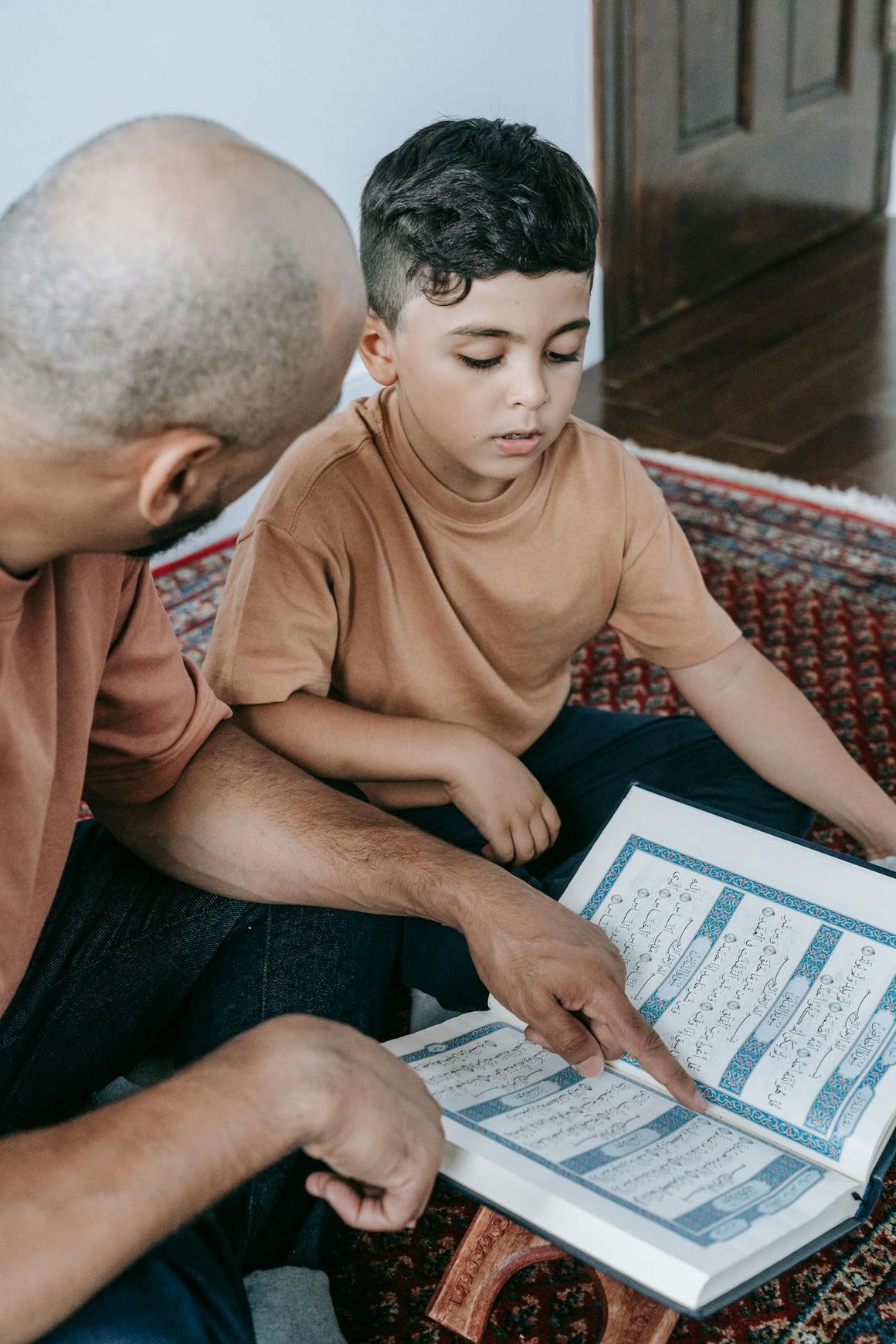Life is full of uncertainties. We plan, we strive, we worry… but ultimately, things don’t always go as we expect. It’s easy to get caught up in anxiety about the future, obsessing over “what ifs” and feeling powerless when things don’t unfold as we desire. But as Muslims, we have a powerful source of comfort: the belief that everything happens with the permission of Allah (SWT), and that what is destined will inevitably come to pass. This isn’t about passive resignation; it’s about finding peace and strength in trusting the Divine Plan.
The Islamic Perspective on Destiny (Qadar)
The concept of Qadar (Divine Decree or Destiny) is central to Islamic belief. It means that Allah (SWT) has knowledge of everything that will happen, and that everything occurs according to His will and wisdom. This can be a complex topic, but the core message is one of reassurance:
Allah Knows Best: He knows what’s best for us, even when we don’t understand it.
Everything is a Test: Trials and tribulations are not random; they are opportunities for growth, patience, and strengthening our faith.
Our Actions Matter: While Allah (SWT) knows the outcome, we are still accountable for our choices. We have free will to strive for good and avoid evil.
His Plan is Perfect: Even in the midst of hardship, we can trust that Allah (SWT) has a purpose and that His plan is ultimately perfect, even if we can’t see it.
Why is it Hard to Accept "What Will Be"?
It’s natural to struggle with accepting things as they are. We’re wired to want control, to anticipate the future, and to avoid pain. Several factors can make it difficult to surrender to the Divine Plan:
Attachment to Outcomes: When we become overly attached to specific results, we set ourselves up for disappointment.
Fear of the Unknown: Uncertainty can be frightening, leading us to worry about all the things that could go wrong.
Lack of Trust: Sometimes, we struggle to fully trust in Allah’s (SWT) wisdom and mercy.
Cultural Conditioning: Modern society often emphasizes control and self-reliance, making it harder to embrace acceptance.
How to Cultivate Acceptance and Trust
So, how can we learn to surrender to the Divine Plan and find peace in knowing that what will be, will be? Here are a few practical steps:
Make Dua (Supplication): Turn to Allah (SWT) in prayer, expressing your needs and concerns. Dua is a powerful way to connect with Him and seek His guidance.
Recite Quran: Reflect on verses that remind you of Allah’s (SWT) power, wisdom, and mercy.
Practice Shukr (Gratitude): Focus on the blessings in your life, even amidst challenges. Gratitude shifts your perspective and fosters contentment.
Accept What You Cannot Change: Identify the things that are beyond your control and surrender them to Allah (SWT).
Focus on Your Effort: Do your best in every situation, but leave the outcome to Allah (SWT).
Trust in His Timing: Allah (SWT) has perfect timing. What is meant for you will come to you at the right time.
Remember His Promises: Reflect on the promises of Allah (SWT) in the Quran and Sunnah. He will never abandon those who turn to Him.
Acceptance is Not Passivity
It’s important to remember that acceptance is not the same as passivity. It doesn’t mean giving up on your goals or abandoning your responsibilities. It simply means letting go of the need to control everything and trusting that Allah (SWT) will guide you and provide for you.
Life is a journey filled with ups and downs. By embracing the Islamic belief that everything happens with the permission of Allah (SWT), we can find peace, strength, and resilience in the face of adversity. Trusting the Divine Plan doesn’t mean avoiding effort; it means doing your best, letting go of the outcome, and knowing that Allah (SWT) is always with you. Remember, what will be, will be – and Allah (SWT) is the Best of Planners.


